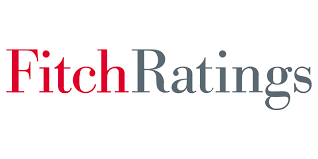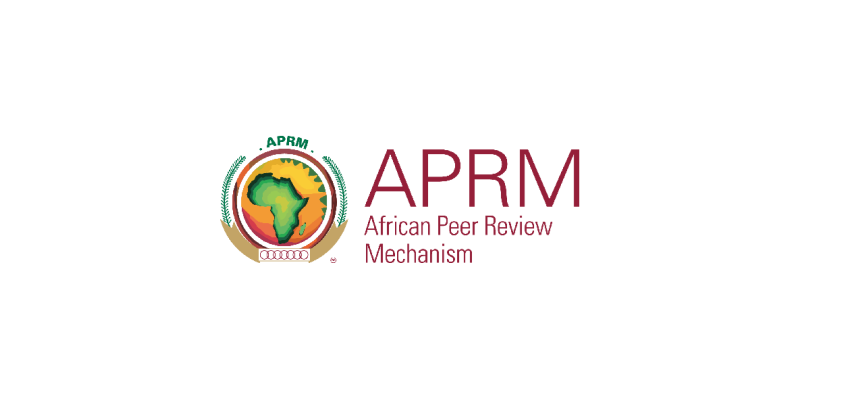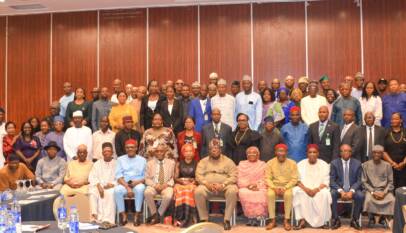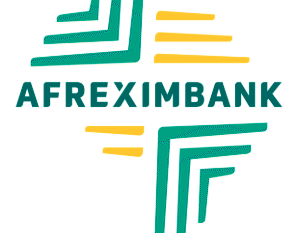APRM Slams Fitch’s Afreximbank Downgrade, Citing Legal, Analytical Flaws
The African Peer Review Mechanism (APRM) has voiced a strong opposition to the international credit rating agency, Fitch Ratings, over its recent downgrade of the African Export-Import Bank (Afreximbank), noting that the decision is based on misinterpretation and faulty classification of sovereign loans.

The downgrade, announced on June 4, lowered Afreximbank’s long-term foreign currency issuer default rating from ‘BBB’ to ‘BBB-’, accompanied by a negative outlook. Fitch’s justification rested on an estimate that the bank’s Non-Performing Loans (NPLs) stood at 7.1%, a figure significantly above the bank’s reported 2.44%.
“Fitch justified its decision by citing a perceived increase in credit risk and weak risk management policies, based on its estimate that the bank’s Non-Performing Loans (NPLs) stood at 7.1%. This estimate stems from Fitch’s classification of exposures to the sovereign Governments of Ghana (2.4%), South Sudan (2.1%), and Zambia (0.2%) as NPLs. Notably, this 7.1% figure is significantly higher than the 2.44% ratio reported by Afreximbank in its own disclosures,” APRM stated.
The APRM argues that Fitch’s treatment of sovereign loans to Ghana, South Sudan, and Zambia as non-performing is not only analytically unsound but also in conflict with the legal framework that governs Afreximbank. The Mechanism says these governments are founding members and shareholders of the Bank, established under a legally binding treaty that mandates financial protections and obligations among its members.
“The assumption that Ghana, South Sudan and Zambia would default on their loans to Afreximbank is inconsistent with the 1993 Treaty establishing the Bank to which Ghana and Zambia are both founding members, shareholders and signatories. The multilateral treaty signed in 1993 is legally binding on all member countries, imposing specific legal obligations related to the Bank’s protection, immunities and financial operations,” the statement explains.
According to the APRM, Fitch’s classification of these loans as equivalent to commercial debt fails to recognize the unique nature of intra-African financial cooperation, adding that treating such sovereign exposures as market-based risk undermines both the governance architecture of African institutions and the credibility of regional development finance.
“Fitch’s unilateral treatment of these sovereign exposures as comparable to market-based commercial loans, despite their backing by treaty obligations and shareholder equity stakes, is flawed. This approach reflects a misunderstanding of the governance structure of African financial institutions and the dynamics of intra-African development finance,” the statement concluded.
The APRM ended with a call for constructive engagement and technical dialogue between Fitch, Afreximbank, and African stakeholders, emphasizing the need for ratings that reflect the realities of African treaty-based financial systems.














